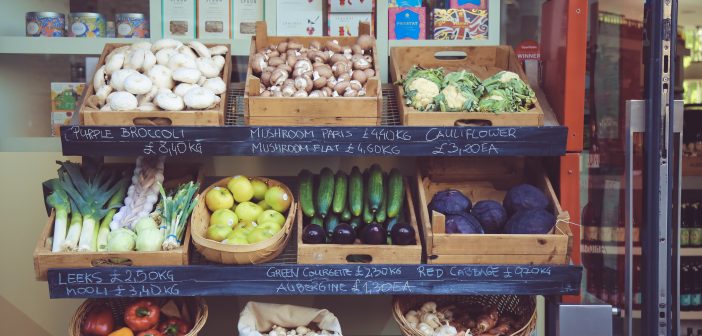The cost of living in India is surging, placing immense strain on households across the nation. As inflation rates climb and essential expenses escalate, families find themselves grappling with financial challenges that threaten their economic stability. From food to fuel, housing to healthcare, the burden of affordability is weighing heavily on citizens’ shoulders.
Inflation and Price Hikes
In recent years, India has witnessed a steady uptick in inflation rates, driven by various factors including supply chain disruptions, global economic trends, and domestic policy changes. According to the Reserve Bank of India (RBI), inflationary pressures have been persistent, with consumer price inflation averaging around 6% annually, significantly above the RBI’s target range of 2-6%.
One of the primary contributors to the rising cost of living is the surge in food prices. Staple commodities such as vegetables, pulses, and edible oils have seen substantial price hikes, fueled by supply shortages, adverse weather conditions, and increased transportation costs. The spike in food prices not only strains household budgets but also exacerbates food insecurity for vulnerable populations.
Moreover, the escalating cost of fuel adds to the financial burden faced by Indian families. With crude oil prices soaring on the global market, domestic fuel prices have reached unprecedented levels, triggering a ripple effect across various sectors. The cascading impact of fuel price hikes extends to transportation, logistics, and manufacturing, further driving up the cost of goods and services.
Housing and Rent
The housing sector presents another area of concern, especially in urban centers where demand for affordable accommodation outstrips supply. Skyrocketing property prices and rental rates have made housing increasingly unaffordable for middle and low-income families, forcing many to compromise on living standards or allocate a significant portion of their income towards housing expenses.
Rising rents not only strain household finances but also exacerbate socioeconomic disparities, making it challenging for marginalized communities to access safe and adequate housing. The lack of affordable housing options perpetuates cycles of poverty and perpetuates social inequalities, undermining efforts towards inclusive development.
Healthcare Expenses
Healthcare costs represent another significant component of the burgeoning cost of living in India. As medical expenses continue to escalate, accessing quality healthcare services becomes increasingly unaffordable for many households. The rising cost of medicines, diagnostic tests, and hospitalization fees places immense financial strain on individuals and families, often forcing them to forgo essential medical care or incur crippling debt to meet healthcare expenses.
Furthermore, the COVID-19 pandemic has exacerbated healthcare-related financial challenges, with many families grappling with the economic fallout of illness and loss of livelihoods. The pandemic-induced disruptions have underscored the need for robust social safety nets and healthcare infrastructure to mitigate the impact of health emergencies on household finances.
Government Response and Policy Implications
Addressing the rising cost of living requires a multifaceted approach that combines macroeconomic policies, targeted interventions, and social welfare programs. The government must prioritize measures to contain inflationary pressures, enhance food security, and bolster social protection mechanisms to alleviate the burden on vulnerable households.
Fiscal policies aimed at stabilizing prices, improving agricultural productivity, and enhancing supply chain efficiency can help mitigate the impact of inflation on consumer prices. Additionally, investments in infrastructure, affordable housing, and healthcare infrastructure are imperative to enhance accessibility and affordability of essential services for all citizens.
Moreover, social welfare programs such as direct cash transfers, food subsidies, and healthcare benefits play a crucial role in safeguarding the welfare of marginalized communities and cushioning the impact of rising living costs. Targeted interventions aimed at addressing structural inequalities and promoting inclusive growth are essential to build resilient and equitable societies.
In conclusion, the rising cost of living in India poses significant challenges to household finances and socioeconomic well-being. Addressing this complex issue requires concerted efforts from policymakers, businesses, civil society, and citizens alike to ensure equitable access to essential goods and services and foster sustainable economic development. Only through collaborative action can India overcome the obstacles posed by inflation and rising living costs and build a more prosperous and inclusive future for all.






